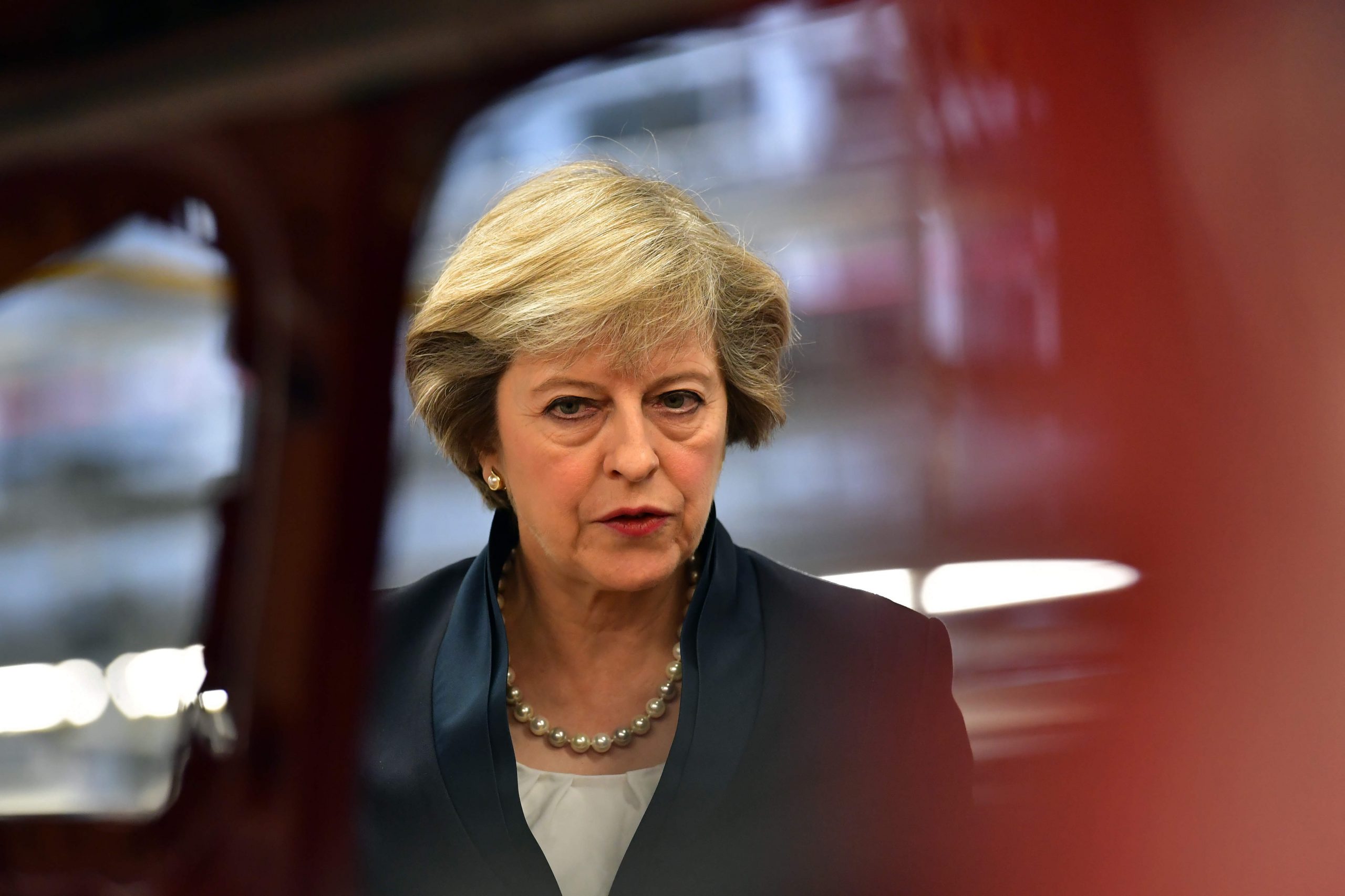
Peace at last? There remains a live prospect of Theresa May facing a confidence vote, but the risk appears to be receding, at least in the short term.
Just one MP, perennial backbench rebel Andrew Bridgen, has publicly admitted to writing to Graham Brady, the chairman of the 1922 Committee, to request a vote. Another pro-Brexit backbencher, Andrea Jenkyns, has signalled she could well too.
There could be more letters in Brady’s postbag – that only he knows is the point of the exercise – and those close to May admit that she could face a challenge. But in the absence of an organised push for one, and against a backdrop of bitter divisions among Brexiteers, it is unlikely to happen in the short term.
The near-unanimous conclusion from last night’s meeting of the ’22 was, essentially, “not now”. Neither David Davis nor Jacob Rees-Mogg wants to lead a putsch. For now, Boris Johnson’s powder remains dry.
Their inhibition matters. Without leadership or coordination, any attempt to reach 48 letters will be much more difficult. It isn’t impossible, of course, but blundering over the threshold by accident, with no plan or viable challenger, would make the job of actually defeating May close to impossible, rather than merely very difficult.
Then we are left with Bridgen and Jenkyns. The former has plenty of practice at not making votes of confidence happen, having failed on several occasions to do so to oust John Bercow and David Cameron. The latter, until recently most notable for unseating Ed Balls in 2015, has bemused colleagues with her transformation from conscientious member of the government payroll to the Reverend Ian Paisley of the Tory backbenches: uncompromising, zealous, and very, very loud.
Neither is going to corral 46 MPs into joining them single-handedly. A push for a confidence vote that is the pet project of Tories like them alone will fail.
But they should not be dismissed. There will be other opportunities for confrontation. Their willingness to go over the top reflects a very real anger at May’s direction of travel on Brexit among Eurosceptic backbenchers. So, too, does their doing so at a time when the mainstream consensus is one of uneasy unity. It highlights the real but not yet present danger for the Prime Minister: for some of her MPs, achieving a hard Brexit is more important than anything else.
It may well be that nothing, not the threat of no deal nor of a Corbyn government, will convince them to betray that ideal, even if it means voting against the government on the final Brexit deal (at which point far fewer than 48 MPs would be needed to derail May’s premiership). In that respect, the letters are a sign of things to come – and those things could be much, much worse than a confidence vote.





